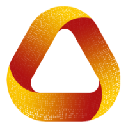-
 Bitcoin
Bitcoin
$95,049.2220
0.87% -
 Ethereum
Ethereum
$3,393.4835
1.86% -
 Tether USDt
Tether USDt
$0.9983
-0.02% -
 XRP
XRP
$2.1769
1.47% -
 BNB
BNB
$722.4304
4.53% -
 Solana
Solana
$194.3979
5.51% -
 Dogecoin
Dogecoin
$0.3229
3.56% -
 USDC
USDC
$1.0000
-0.01% -
 Cardano
Cardano
$0.8858
1.15% -
 TRON
TRON
$0.2576
-0.64% -
 Avalanche
Avalanche
$37.5296
2.64% -
 Toncoin
Toncoin
$5.7974
1.13% -
 Chainlink
Chainlink
$21.8752
1.48% -
 Shiba Inu
Shiba Inu
$0.0000
1.72% -
 Sui
Sui
$4.1875
2.45% -
 Hedera
Hedera
$0.3011
8.80% -
 Polkadot
Polkadot
$7.0798
2.49% -
 Stellar
Stellar
$0.3540
1.21% -
 Bitget Token
Bitget Token
$7.4249
-8.55% -
 Hyperliquid
Hyperliquid
$29.1932
8.73% -
 Bitcoin Cash
Bitcoin Cash
$449.5927
1.89% -
 UNUS SED LEO
UNUS SED LEO
$9.2685
0.75% -
 Uniswap
Uniswap
$13.4934
1.29% -
 Pepe
Pepe
$0.0000
4.14% -
 Litecoin
Litecoin
$100.1852
-0.48% -
 NEAR Protocol
NEAR Protocol
$5.3283
4.31% -
 Ethena USDe
Ethena USDe
$0.9972
-0.01% -
 Dai
Dai
$0.9998
0.00% -
 Aave
Aave
$350.7161
7.89% -
 Aptos
Aptos
$9.1332
4.56%
What is the issuance and circulation of Ethereum (ETH)?
Ethereum's issuance and circulation involve mining, a circulating supply influenced by active and locked coins, a burn mechanism reducing supply, and potential impacts on value and sustainability.
Oct 05, 2024 at 02:11 am
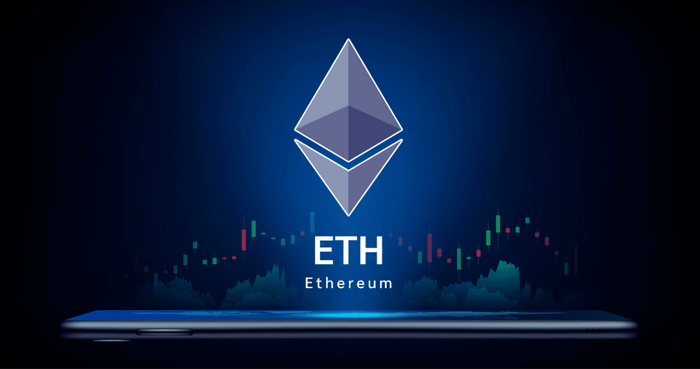
Issuance and Circulation of Ethereum (ETH)
1. Issuance
Ethereum's issuance occurs through a process known as "mining," where miners solve complex mathematical puzzles to validate transactions and add them to the blockchain. As a reward for their efforts, miners receive ETH.
The initial supply of ETH was 72 million coins in 2015. However, there is no fixed cap on Ethereum's total supply, unlike Bitcoin. Instead, new ETH is created continuously through mining.
2. Circulation
The circulating supply of ETH refers to the amount of ETH currently in circulation and readily available for trading and use. It consists of:
- Available ETH: ETH held in wallets or used in decentralized applications (dApps)
- Locked ETH: ETH staked or locked in smart contracts, earning rewards or used for governance purposes
3. Burn Mechanism
Since 2021, a burn mechanism has been implemented in Ethereum's code. In a process known as EIP-1559, a portion of the transaction fees is burned (removed from circulation) instead of going to miners. This mechanism aims to reduce ETH's circulating supply over time, potentially increasing its value.
4. Current Statistics
As of February 2023:
- Total supply of ETH: Approximately 123 million
- Circulating supply of ETH: Approximately 120 million
- Number of ETH burned since EIP-1559: Over 2.6 million
5. Impact of Burning
The burning mechanism is expected to impact the value of ETH in several ways:
- Deflation: By reducing the circulating supply, burning creates scarcity, potentially driving up prices.
- Increased Value for Stakers: As ETH is burned, the percentage stake of validators (who stake their ETH) increases. This could lead to higher rewards for stakers.
- Environmental Sustainability: Burning ETH reduces the computational work required for mining, lowering Ethereum's energy consumption.
Disclaimer:info@kdj.com
The information provided is not trading advice. kdj.com does not assume any responsibility for any investments made based on the information provided in this article. Cryptocurrencies are highly volatile and it is highly recommended that you invest with caution after thorough research!
If you believe that the content used on this website infringes your copyright, please contact us immediately (info@kdj.com) and we will delete it promptly.
-
The Top 10 AI Agents to Watch
- 2024-12-29 08:25:01
-
Meme Coin XYZVerse Predicted to Soar 7,400% Before Its Token Generation Event (TGE)
- 2024-12-29 08:25:01
-
WallitIQ Emerges as a Strong Contender to Revolutionize the Crypto Market
- 2024-12-29 08:45:02
-
WallitIQ (WLTQ) Presale Crosses $1 Million Milestone, Poised to Outshine Dogecoin and Cardano, Aiming for $10 in 2025
- 2024-12-29 08:45:02
-
RCO Finance (RCOF) Emerges as a Serious Contender, Attracting Dogecoin Millionaires Betting on Its Success
- 2024-12-29 08:45:02
-
Weekly Round-Up: BTFD Coin, Dogs, and Just a Chill Guy Are the Best Meme Coins to Invest in This Week That You Can’t Miss
- 2024-12-29 08:45:02
Related knowledge
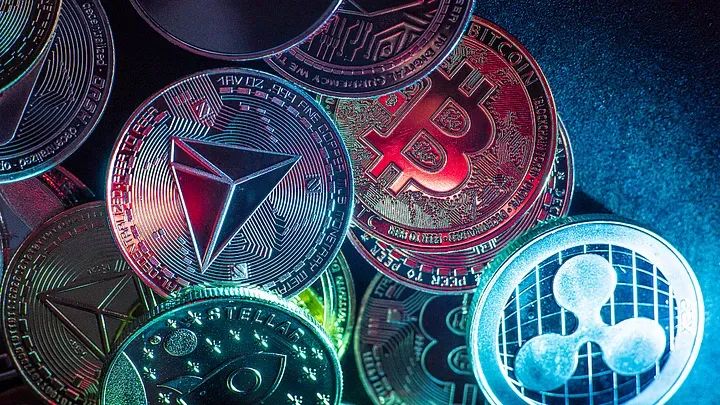
What Is The Difference Between Fungible And Non-Fungible Tokens?
Nov 26,2024 at 01:04pm
Fungible vs. Non-Fungible Tokens: A Comprehensive GuideIn the realm of blockchain technology, the concept of tokens lies at the core of many applications. Tokens represent digital assets that can be used to facilitate transactions, store value, or represent ownership. However, there exists a fundamental distinction between two types of tokens: fungible ...
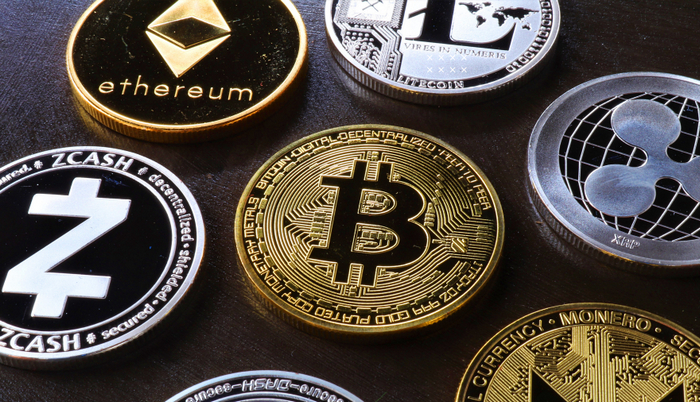
What is a Public Key Infrastructure?
Nov 23,2024 at 12:30am
What is a Public Key Infrastructure?IntroductionA Public Key Infrastructure (PKI) is a framework that enables secure communication over a network by managing digital certificates and public-key cryptography. PKI plays a crucial role in various blockchain applications, ensuring data integrity, authentication, and non-repudiation.Components of a PKIA PKI ...
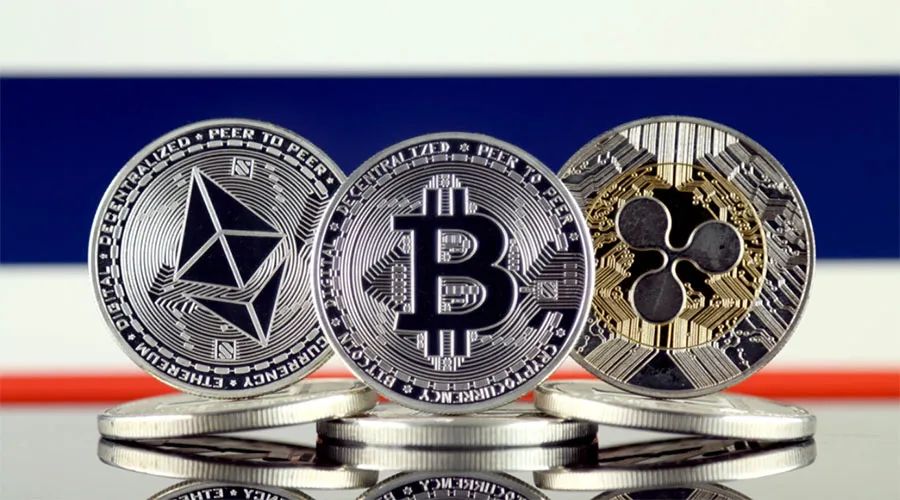
What is MEV (Miner Extractable Value)?
Nov 22,2024 at 06:22pm
What is Miner Extractable Value (MEV)?Introduction:Miner Extractable Value (MEV) is a term used to describe the profit that miners can make by manipulating the order of transactions in a block. This manipulation is possible because miners have the ability to choose the order in which transactions are included in a block, and they can use this power to f...
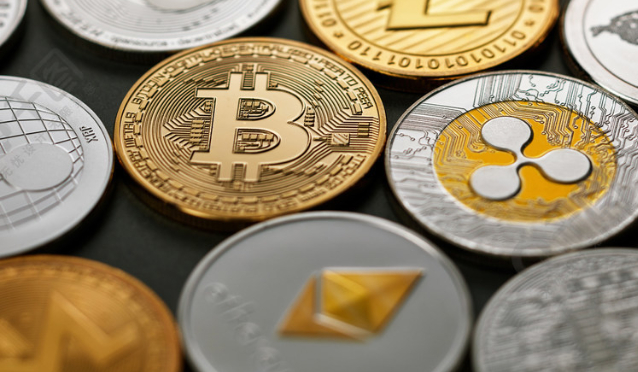
What is a Genesis Block?
Nov 24,2024 at 09:10pm
Decoding the Genesis Block: The Birth of BlockchainIntroductionThe Genesis block stands as the inaugural chapter in the blockchain saga, igniting the spark that revolutionized the world of finance and technology. This foundational block holds immense significance, embodying the inception of immutable ledgers, decentralized networks, and the transformati...
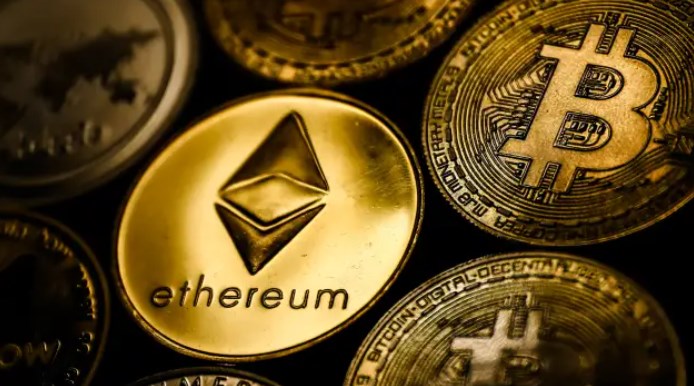
What Is an NFT Game?
Nov 26,2024 at 07:05am
What Is an NFT Game?Non-fungible tokens (NFTs) have taken the digital world by storm, empowering creators, collectors, and enthusiasts alike to own and trade unique digital assets. The integration of NFTs into the gaming industry has given rise to a captivating new realm known as NFT games, where players can not only enjoy immersive experiences but also...
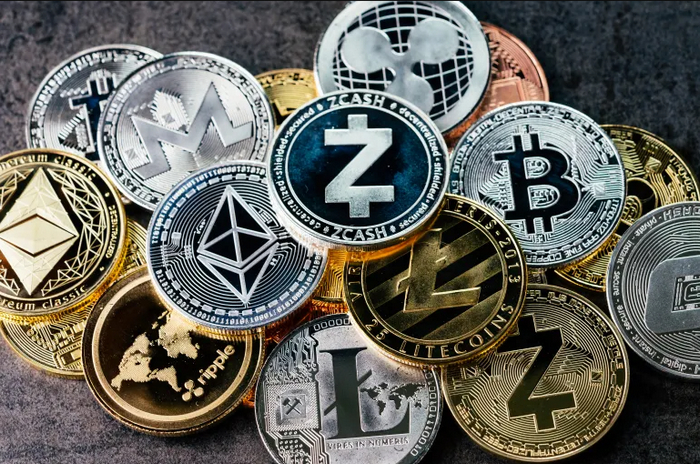
What Is an NFT Marketplace?
Nov 22,2024 at 07:43pm
What Is an NFT Marketplace?An NFT marketplace is a platform that facilitates the buying, selling, and trading of non-fungible tokens (NFTs). NFTs are unique digital assets that represent ownership of a specific item, such as a piece of art, music, video, or other collectible. NFT marketplaces allow users to create, list, and purchase NFTs, with transact...

What Is The Difference Between Fungible And Non-Fungible Tokens?
Nov 26,2024 at 01:04pm
Fungible vs. Non-Fungible Tokens: A Comprehensive GuideIn the realm of blockchain technology, the concept of tokens lies at the core of many applications. Tokens represent digital assets that can be used to facilitate transactions, store value, or represent ownership. However, there exists a fundamental distinction between two types of tokens: fungible ...

What is a Public Key Infrastructure?
Nov 23,2024 at 12:30am
What is a Public Key Infrastructure?IntroductionA Public Key Infrastructure (PKI) is a framework that enables secure communication over a network by managing digital certificates and public-key cryptography. PKI plays a crucial role in various blockchain applications, ensuring data integrity, authentication, and non-repudiation.Components of a PKIA PKI ...

What is MEV (Miner Extractable Value)?
Nov 22,2024 at 06:22pm
What is Miner Extractable Value (MEV)?Introduction:Miner Extractable Value (MEV) is a term used to describe the profit that miners can make by manipulating the order of transactions in a block. This manipulation is possible because miners have the ability to choose the order in which transactions are included in a block, and they can use this power to f...

What is a Genesis Block?
Nov 24,2024 at 09:10pm
Decoding the Genesis Block: The Birth of BlockchainIntroductionThe Genesis block stands as the inaugural chapter in the blockchain saga, igniting the spark that revolutionized the world of finance and technology. This foundational block holds immense significance, embodying the inception of immutable ledgers, decentralized networks, and the transformati...

What Is an NFT Game?
Nov 26,2024 at 07:05am
What Is an NFT Game?Non-fungible tokens (NFTs) have taken the digital world by storm, empowering creators, collectors, and enthusiasts alike to own and trade unique digital assets. The integration of NFTs into the gaming industry has given rise to a captivating new realm known as NFT games, where players can not only enjoy immersive experiences but also...

What Is an NFT Marketplace?
Nov 22,2024 at 07:43pm
What Is an NFT Marketplace?An NFT marketplace is a platform that facilitates the buying, selling, and trading of non-fungible tokens (NFTs). NFTs are unique digital assets that represent ownership of a specific item, such as a piece of art, music, video, or other collectible. NFT marketplaces allow users to create, list, and purchase NFTs, with transact...
See all articles




































